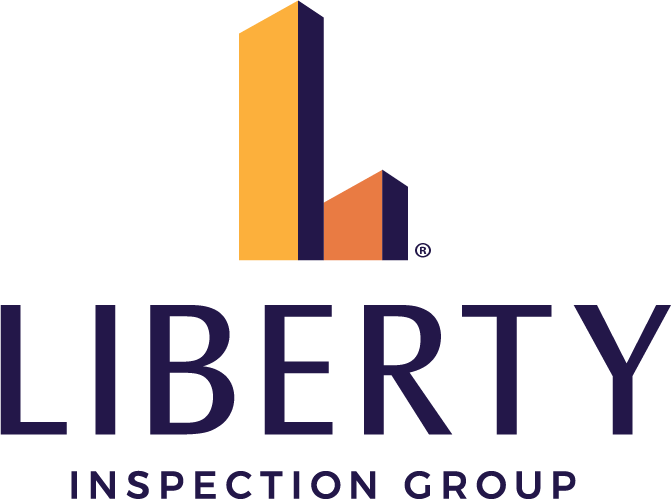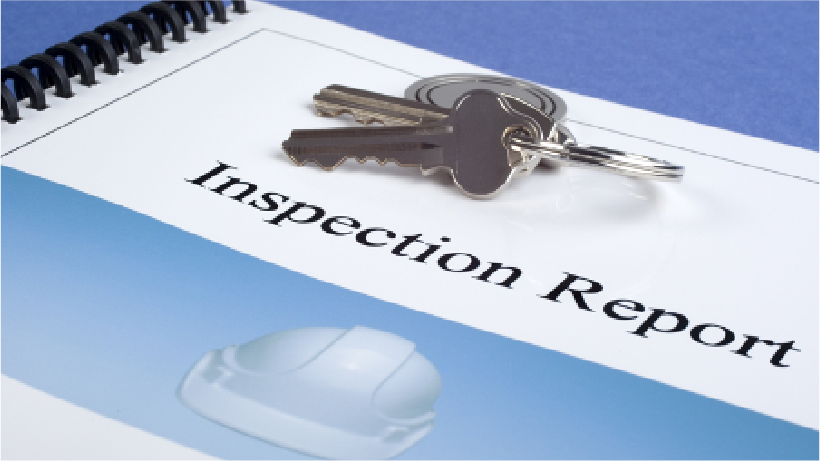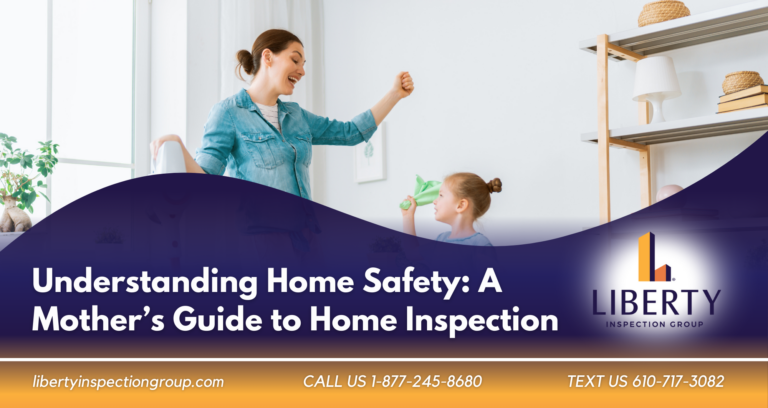Your home inspection is complete. Now what happens? The next step is to review the report. Taking the time to read over the report carefully is important. The information in a property’s inspection report can help you create a negotiation strategy, and/or be a crucial resource for years to come. Understanding your home inspection report is key!
The Summary
Many inspection companies will provide a summary in the report for reference. This portion provides a simplified list of the different defects, recommended maintenance items and safety hazards that have been found during an inspection. Just like the summary of a book or a movie, the report summary is a great way to find out the basics. You can quickly cite an item that may be several pages into the report. Our reports provide the summary at the beginning in an easy-to-read format. More in-depth detail is found inthe body of the report.
Read and Review
Getting and reading the report as soon as possible is a must. This gives you the maximum amount of time to compile a reply to the seller if you’re purchasing the home. It also lets you review the findings while your visit to the home is still fresh in your mind.
If you’re working with a realtor that’s representing you in the sale, it’s good to discuss the report with them. This is the time where you can decide what items you may ask the seller to repair, or give a credit for. Working with your realtor to come up with a negotiation strategy you’re comfortable with is an important step, and one that your inspection report is an invaluable resource for.
Common Terminology
There are a few basic terms that will help with understanding your home inspection report. These terms define the type of condition that a home inspector has discovered during an inspection. Items in a report can range from minor to major so it’s important to understand how each term is defined when interpreting the report.
Defective (D)
A problem with any residential real property or any portion of it that would have a significant adverse impact on the value of the property or that involves an unreasonable risk to people on the property. The fact that a structural element, system or subsystem is near, at or beyond the end of its normal life is not, by itself, a material defect. It is recommended that any items marked as “defect” and any components/systems related to these “defects” noted in the report be evaluated and repaired as needed by licensed contractors/professionals prior to the close of escrow. Further evaluation prior to the close of escrow is recommended so a properly licensed professional can evaluate the noted concerns further and inspect the remainder of the systems or components for additional concerns that may be outside our area of expertise or the scope of our inspection.
Attention/Maintenance Recommended (A)
Attention conditions highlight potential problems that may not be completely evident at the time of the inspection and a system or component needing further investigation and/or monitoring to determine if repairs are necessary. Attention may also denote specific items or information that are not necessarily problematic, but are considered valuable information to you as a courtesy i.e. “FYI”. Maintenance Recommended conditions relay information on a component or system that is in need of normal maintenance, repair or adjustment in order to continue functioning properly. All corrections and evaluations should be made prior to purchasing the property.
Safety (S)
A condition that is judged to be a significant risk of bodily injury during normal, day-to-day use. The risk may be due to damage, deterioration, improper installation, or a change in accepted residential construction standards. You may choose to correct the condition or accept the risk. If you judge the risk to be “unreasonable”, consider it a material defect. (The inspection and report does not include a comprehensive list of unmet modern safety standards, and it is not a code inspection.) All corrections and evaluations should be made prior to purchasing the property.
Ask Questions
Unsure about the severity of something in a report? Maybe you just want clarification on the location of an outlet that’s mentioned. Either way, it’s always a good idea to call the building consultant who did the inspection if you have any questions. When you get a home inspection you’re paying for the benefit of a building consultant’s expertise. Asking questions on any items you want more clarity for will give you peace of mind, and a better understanding of the property itself.
By Chris Earley









